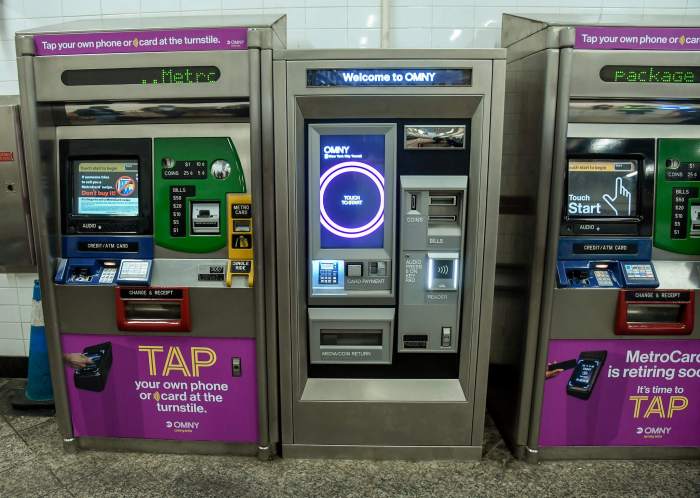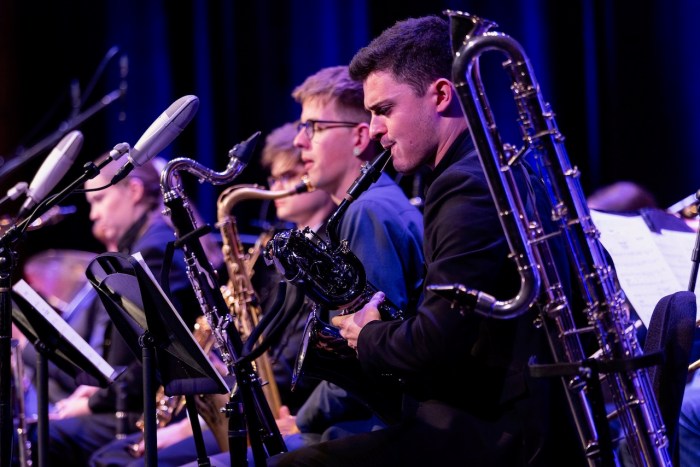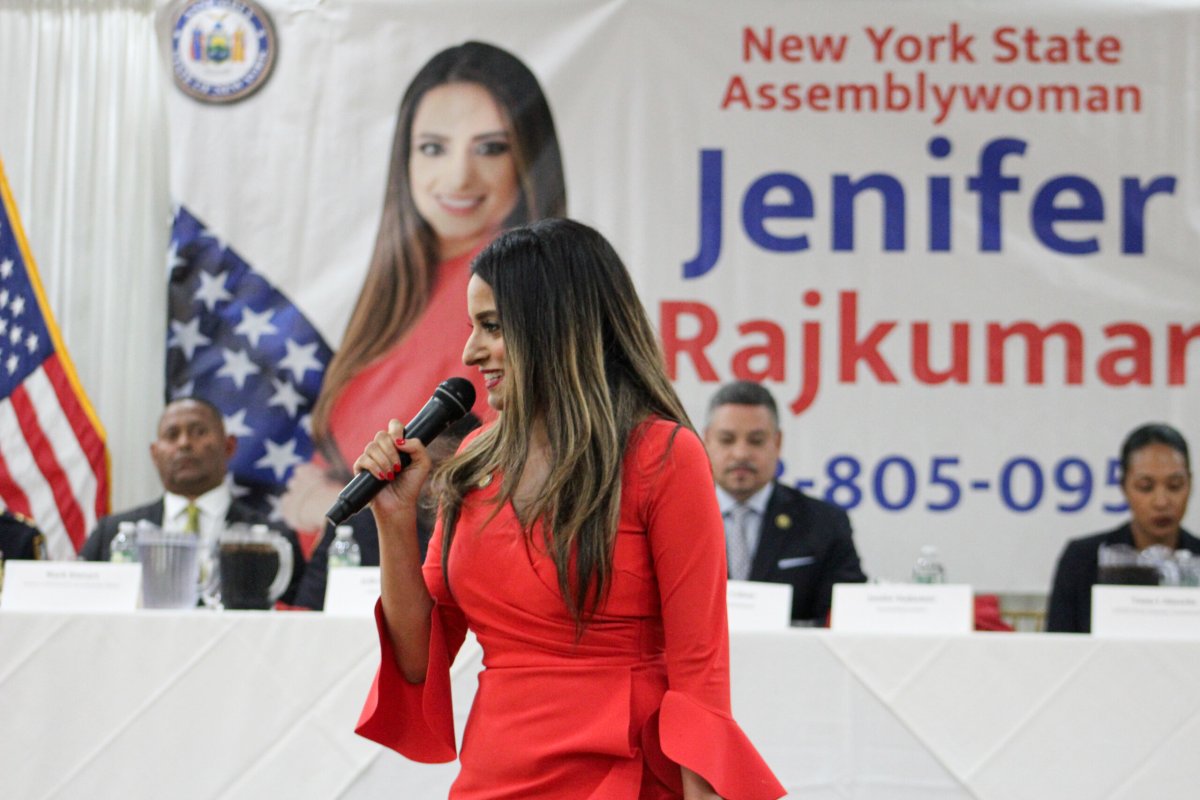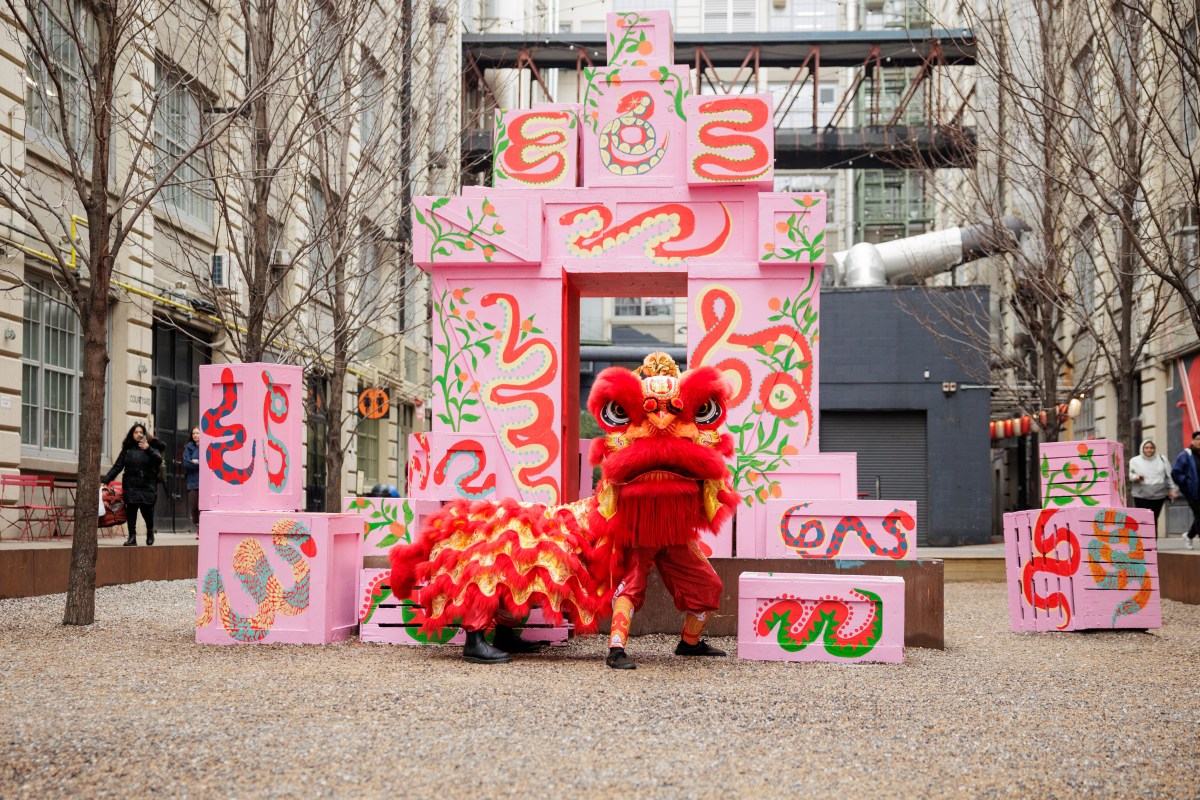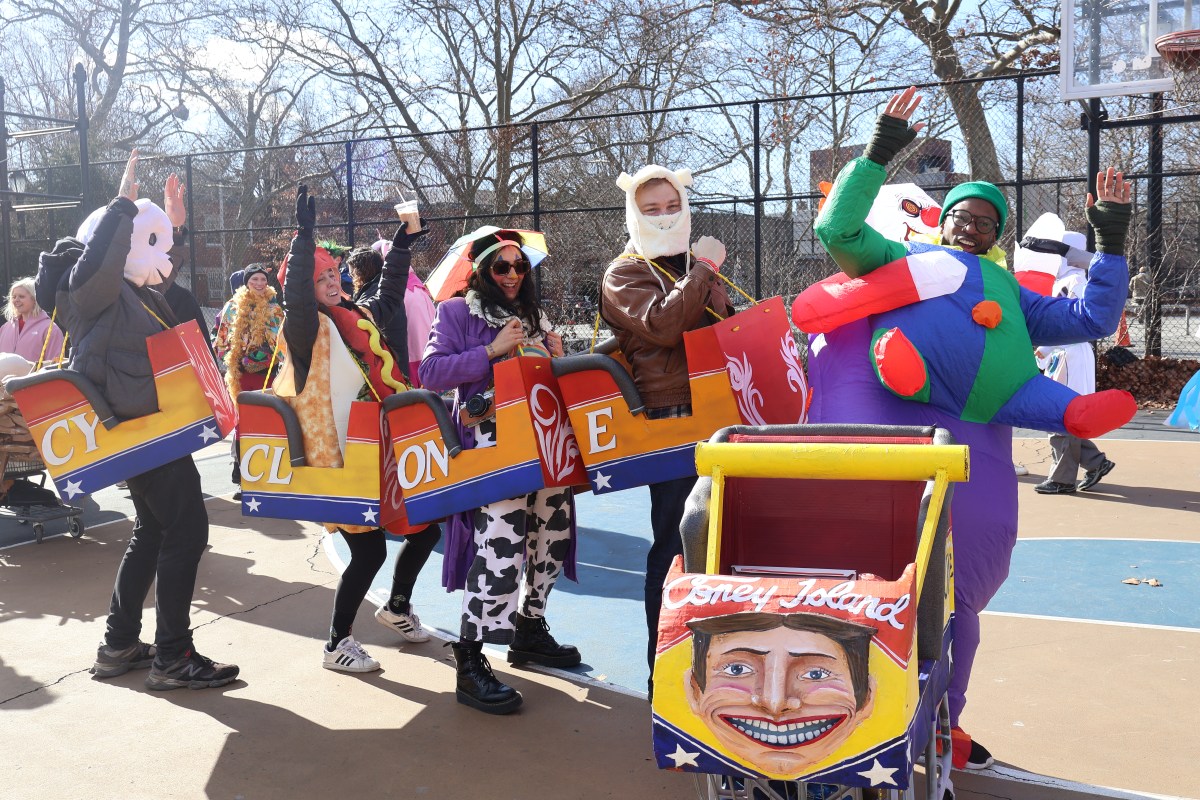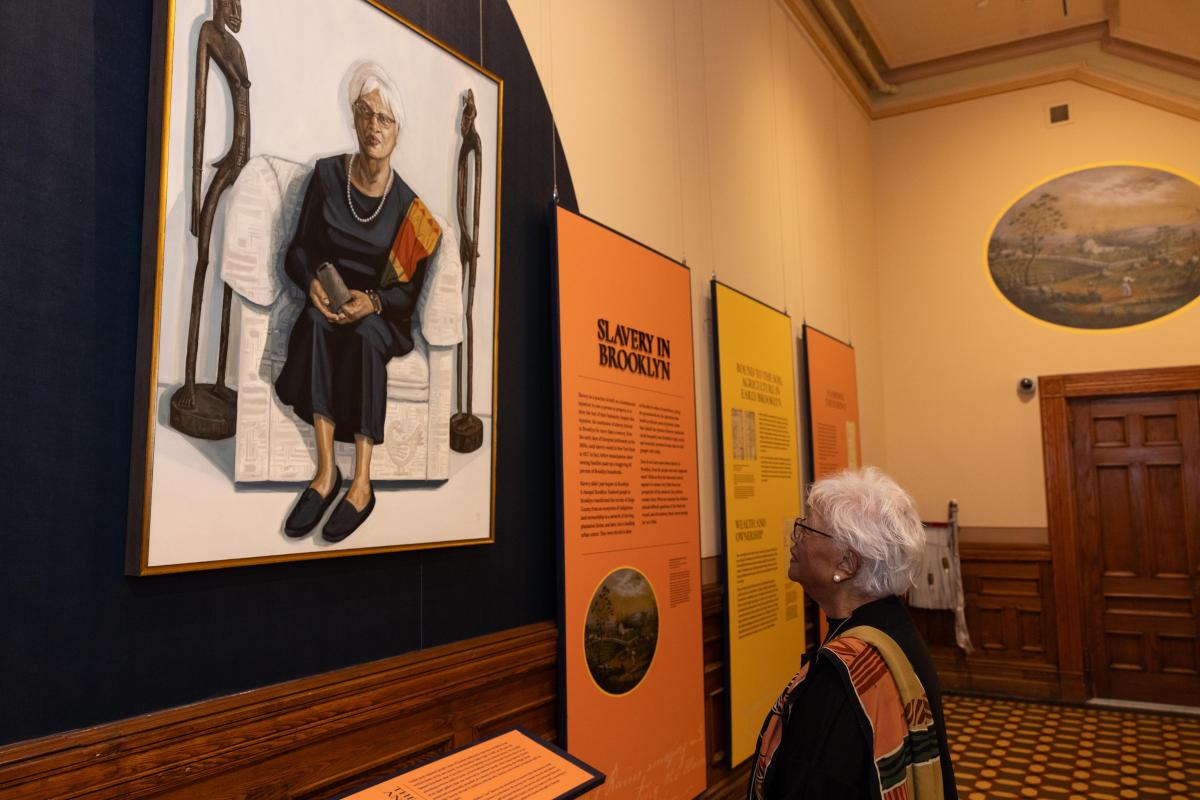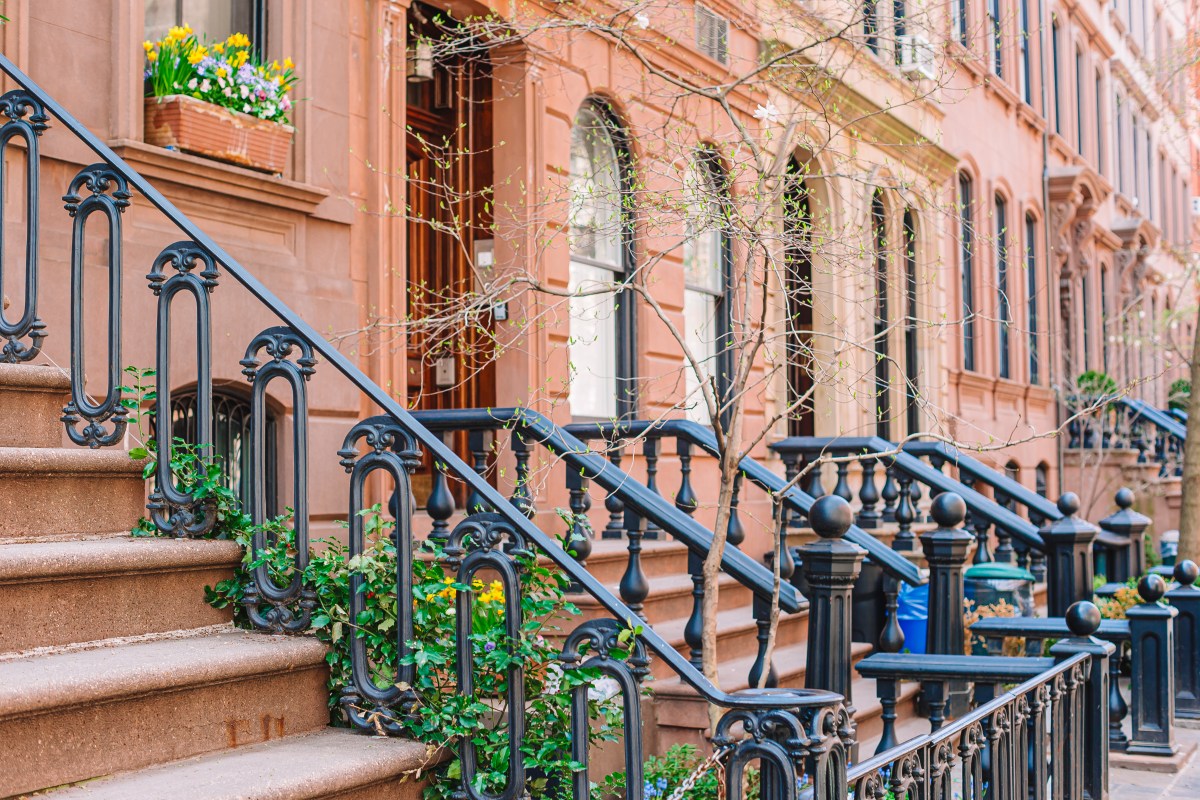
One of Mayor Bill de Blasio’s re-election TV ads reminds New Yorkers that crime has dropped under his administration. While shootings and homicides have declined under the last three mayors, it’s also true that during that span, NYC has prioritized the policing of things many New Yorkers don’t necessarily associate with crime.
Rudy Giuliani made squeegee men and homeless people a priority for police, dubbing the approach broken-windows policing. Michael Bloomberg supported stop-and-frisk, or the mass stopping of blacks and Hispanics for things like “furtive movements.” Now, de Blasio wages war on a supposed new threat: delivery workers who use e-bikes.
Last month, de Blasio took to the Upper West Side to unveil a new layer to the NYPD’s e-bike crackdown. Responding to the complaints of a local street safety activist, de Blasio vowed to punish not only e-bike riders — many of whom are immigrants — but also their employers. While courting mega-corporation Amazon for a headquarters in NYC, the mayor essentially wants to fine small Mexican and Chinese restaurants for employing e-bike workers. Starting next year, businesses with delivery riders who use e-bikes will be fined $100, a fine that doubles for a second offense.
The dangers of e-bikes, which use electric motors that are illegal under NYC law, are overstated. And any squeeze on businesses will filter down to workers. In response to the crackdown, businesses can fire workers who use e-bikes or demand they use regular bikes. That will mean debilitating work conditions for workers who’ll pedal long hours each day through city streets for low wages.
Do Lee of The Biking Public Project, a group that advocates for underrepresented bicyclists, says the solution is to legalize e-bikes. The city banned the bikes under Bloomberg in 2004 along with other motorized vehicles that couldn’t be registered with the Department of Motor Vehicles. Lee says that while de Blasio redirects questions of legality to Albany, the City Council can repeal the local ordinance against e-bikes, but that City Hall has chosen to listen to e-bike complainers, not workers.
Lee says that if the issue is safety, then e-bikes can improve safety. He points out that fatigue, which is often cited as a factor in car accidents, can also lead to bike accidents. An e-bike or pedal-assist option can help workers avoid fatigue-related accidents. If the goal of ridding ourselves of e-bikes will mean workers will be more fatigued, then why wouldn’t that be dangerous?
An e-bike worker told me that he’s open to some regulations if this means police will stop harassing him. De Blasio, who says NYC is a sanctuary for immigrants, should meet with immigrant workers, Lee’s organization and others who have advocated for a repeal of the city law against e-bikes.
There are no long-term solutions without worker voices being heard.
Josmar Trujillo is a trainer, writer and activist with the Coalition to End Broken Windows.





